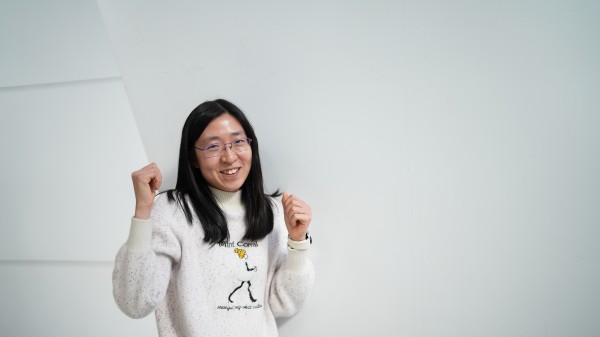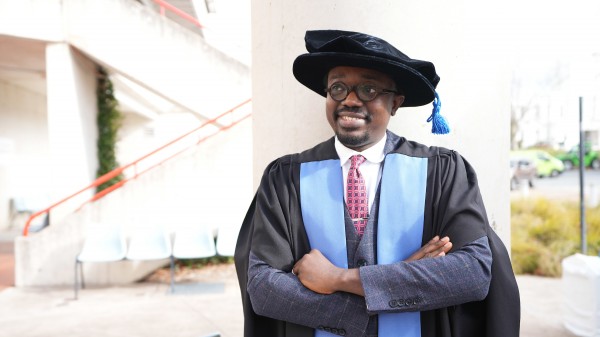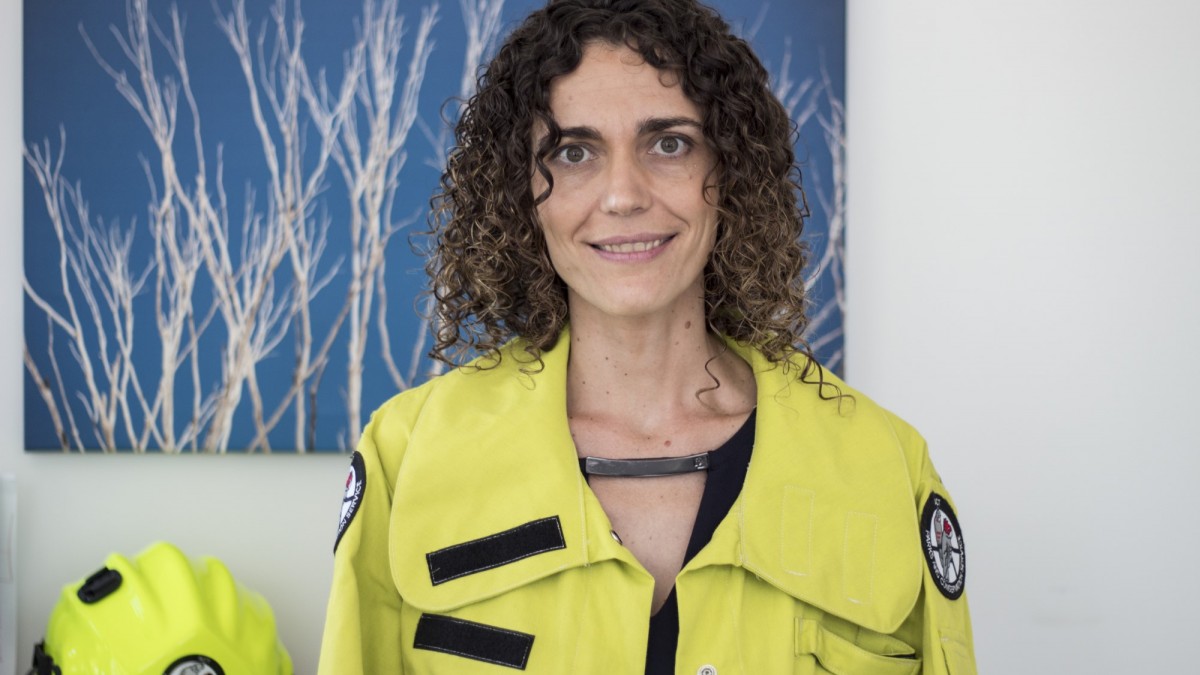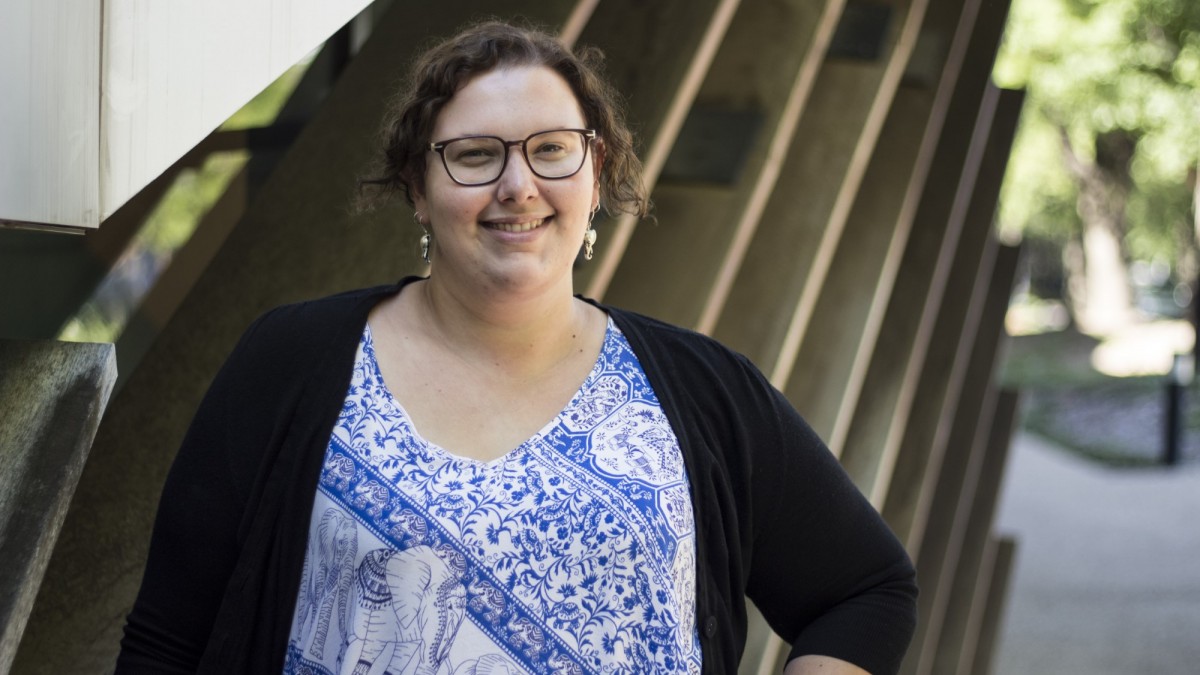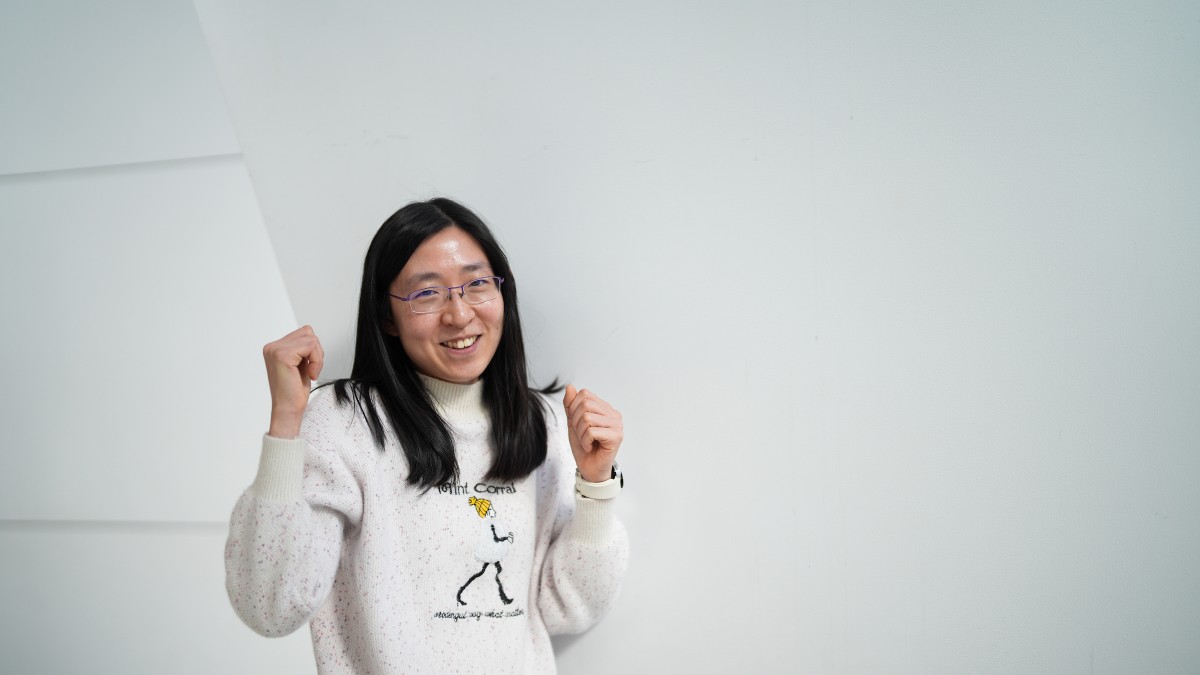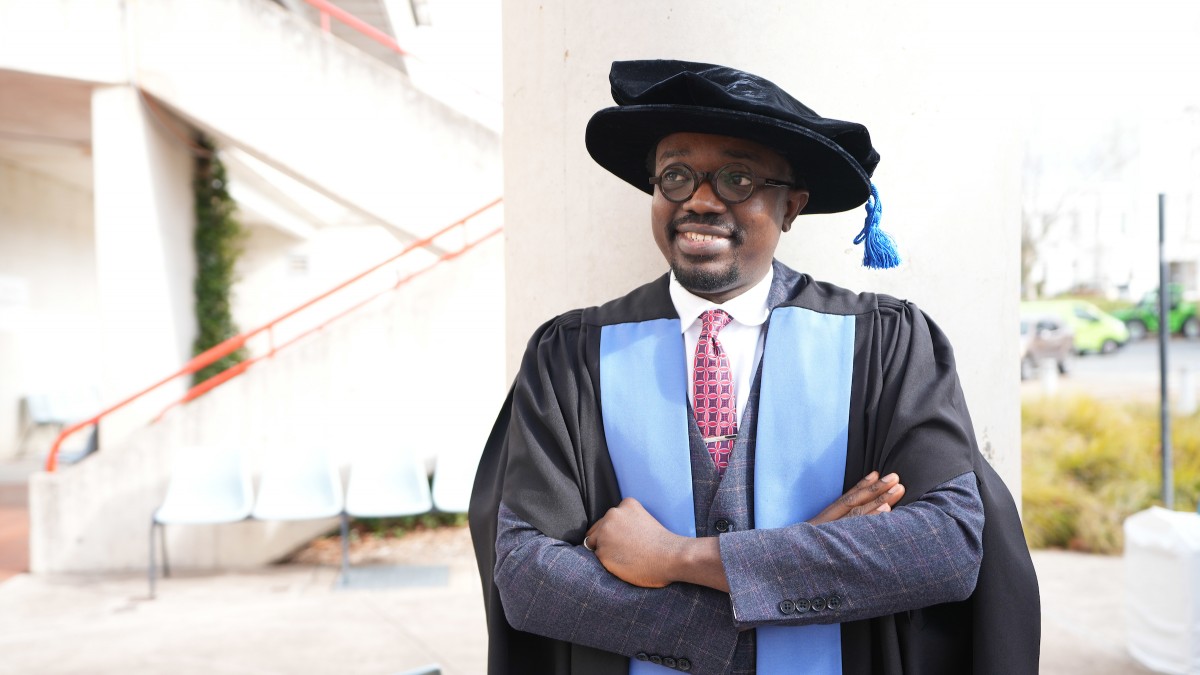To celebrate International Day of Women and Girls in Science, ANU researchers share their experiences and hopes for the future.
Professor Jodie Bradby (PhD '03) leads a group on high pressure physics at the ANU Research School of Physics and Engineering.
“I hope one day that the 'International Day of Women and Girls in Science' will sound as odd as the 'International Day of Men and Boys in Science' does now!”
Karlie Noon is a postgraduate student at the ANU Research School of Astronomy and Astrophysics, where she is researching Indigenous astronomy.
“As a female going through a male-dominated industry, there is a pressure to downplay my femininity. I see this shifting more and more and hope it gets to a stage where people accept intellect is not dependent on gender.”
Dr Anne-Sophie Dielen is Senior Communications and Outreach Officer at the John Curtin School of Medical Research at ANU.
“I want this generation and future generations of women in science to know that exploring opportunities outside academia is not failing. There are so many different ways to be a scientist.”
Dr Marta Yebra is a Senior Scientist at the Centre for Water and Landscape Dynamics at the Fenner School of Environment and Society at ANU.
“I would like to see a strategic plan with pipelines directing successful female scientists to permanent job positions at an earlier stage of their career than they do at the moment.”
Dr Jennie Mallela researches environmental ecology at the ANU Research School of Biology and the Research School of Earth Sciences.
“Women could potentially make up 50 percent of the Australian scientific work force but currently they only account for 16 percent. I'd like to see the workplace culture changing to enable more women to enter and remain in science.”
Professor Joan Leach is Director of the Australian National Centre for the Public Awareness of Science at ANU.
“From where I sit, there are a range of ways for women, and all genders, to have careers in science. Research is one remarkable career, and there are others in science communication, in science policy, enabling the institutions of science, in knowledge brokering.”
Hannah James (MArchSc (Res)(Hons) ’13, BSc ’12, BA ‘12) is a PhD student in geochemistry at the ANU Research School of Earth Sciences.
“I’ve been lucky to receive amazing guidance and support throughout my science journey, and I hope all future scientists–regardless of gender–receive this encouragement to pursue science as a career.”
Erin Parker (BSc (Psych)(Hons) '15) is a PhD student in clinical psychology at the ANU Research School of Psychology.
“I would love to see more emphasis placed on providing opportunities for women from diverse backgrounds to engage with STEMM education.”
Dr Rose Ahlefeldt researches quantum information at the ANU Research School of Physics and Engineering.
“I'm looking forward to seeing women take their full role in science leadership, in deciding what we research, and how we research it. I think that will make for better and more relevant science.”
Rachael Lowe (BSc (Hons) '17) is a PhD student at the Fenner School of Environment and Society at ANU, researching the impact of climate change on elephant populations.
“Women should be able to access the same projects, the same positions and the same opportunities as male colleagues. While there have definitely been ripples being made here, there’s still room to improve.”
Bethany Ellis is a PhD student researching palaeoenvironments at the ANU Research School of Earth Sciences.
“I hope that future generations of female sciences are exposed to a wide range of different scientific disciplines, including Earth and marine sciences, and especially the opportunity for fieldwork.”
Professor Jane Dahlstrom (PhD '92) is a pathologist at the ANU Medical School.
“If I can help one person, one family, as a result of my research it gives me great satisfaction. To me science enables you to be the best you can be.”
Dr Katharine Turner is a topologist at the ANU Mathematical Sciences Institute.
“Currently the default in mathematics is heterosexual male, and any diversity is noticed and serves as a distraction. My hope is that in the future, a critical mass of mathematicians will be female so that when a female presents, there will be no distraction from demographics, just motivation from great mathematics.”
Associate Professor Megan O’Mara (PhD '05, BSc '02) leads the biomolecular simulations and dynamics group at the ANU Research School of Chemistry.
“When scientists work together to share their knowledge, all these little pieces of the puzzle start to fall into place and we get a whole different perspective on how something works, which can be paradigm shifting in the way we understand a problem.”





